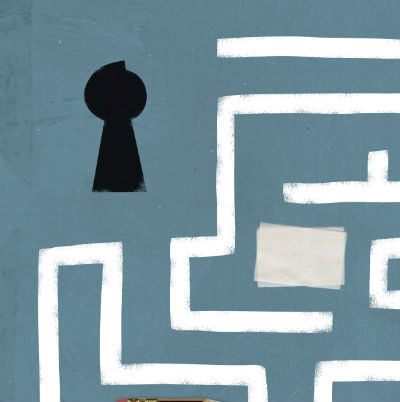Submitted by basma on
This report is part of CRIN's access to justice for children project, looking at the status of the Convention on the Rights of the Child (CRC) in national law, the status of children involved in legal proceedings, the legal means to challenge violations of children’s rights and the practical considerations involved in challenging violations.
Although the CRC has been ratified by Papua New Guinea (PNG), it has not been incorporated into national law and therefore cannot be enforced in courts. However, courts may consider the CRC in determining whether a law or act is “reasonably justifiable in a democratic society”. Children or their representatives may bring civil suits, complaints to court about violations of their constitutional rights, or judicial review proceedings. In most cases children must be represented by a “next friend” or guardian ad litem. Courts have wide powers to enforce human rights and provide remedies for rights violations. Despite these strong legal provisions, enforcement of court judgments is reported to be difficult. Furthermore, the majority of the population is unable or unwilling to access the formal justice system. Instead, communities tend to resort to Village Courts, which often make decisions that discriminate against children and contravene the protective provisions in domestic law, the Constitution and international treaties.

